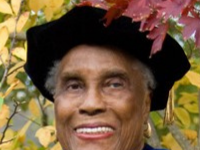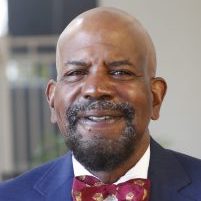 In 1948, President Harry Truman issued an Executive Order ending all racial segregation by the U.S. Armed Forces. Since that time, the U.S. Armed Forces installations have become much more racially integrated that most American communities. Racial integration has become the norm in the Armed Forces, more so than in most corporations, government, and academic institutions.
In 1948, President Harry Truman issued an Executive Order ending all racial segregation by the U.S. Armed Forces. Since that time, the U.S. Armed Forces installations have become much more racially integrated that most American communities. Racial integration has become the norm in the Armed Forces, more so than in most corporations, government, and academic institutions.
Now, a new study has shown that the experience of veterans of the U.S. Armed Forces carries over into civilian life. Mary J. Fischer, an associate professor of sociology at the University of Connecticut and Jacob S. Rugh, an assistant professor of sociology at Brigham Young University in Provo, Utah, examined more than 13 million home mortgage loans in 98 metropolitan areas during the 2008-to-2013 period. They compared these mortgages to those made by the Veterans Administration. When accounting for income and other demographic factors, the researchers found that veterans of the U.S. Armed forces of all races were significantly more likely to live in racially integrated neighborhoods than was the case for non-veterans.
“It’s encouraging that having served in the military appears to have a long-term impact on how people choose their neighborhoods,” said Dr. Fischer. “According to the social contact hypothesis, racial attitudes are improved and stereotypes are broken when diverse groups come together under circumstances that promote meaningful cross-group interaction, such as in the military.”











As an US Army veteran, I am excited by the research. However, I am a little disturbed by the photograph. The individual portrayed in uniform is active duty – not a veteran. A veteran is an individual who has served in the US military and has been discharged from service. Thus, veterans do not wear uniforms and walk around in combat gear.